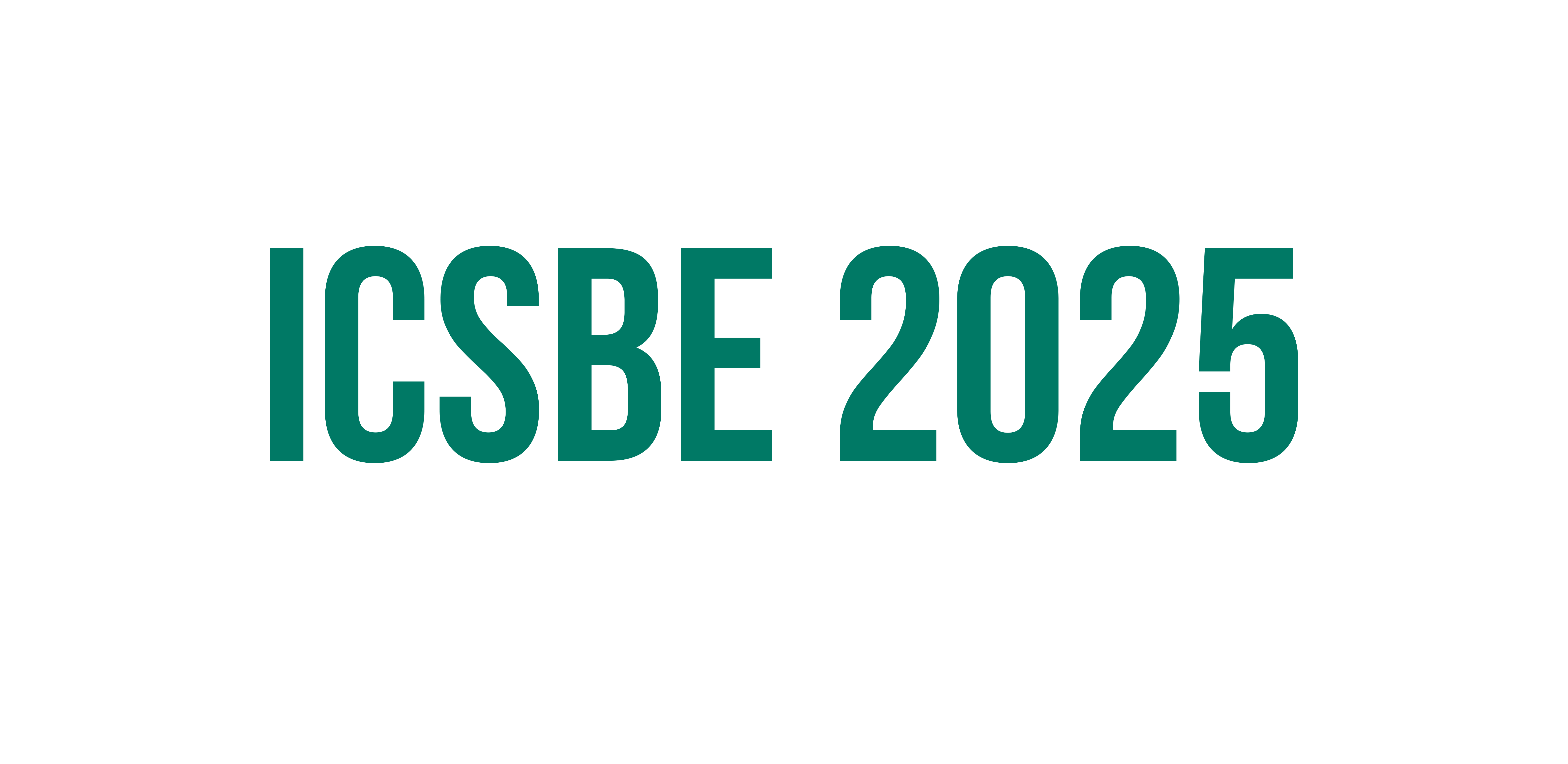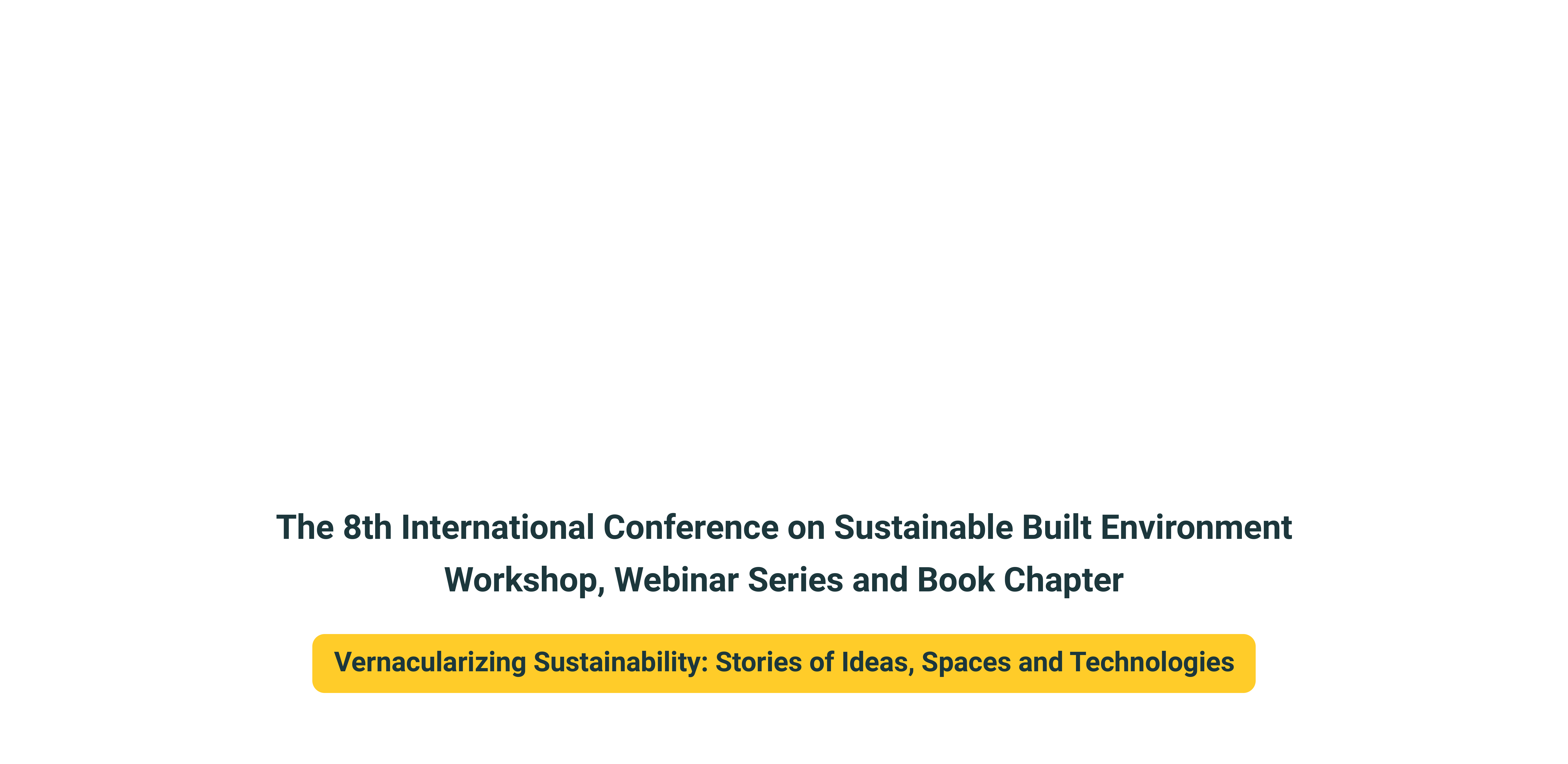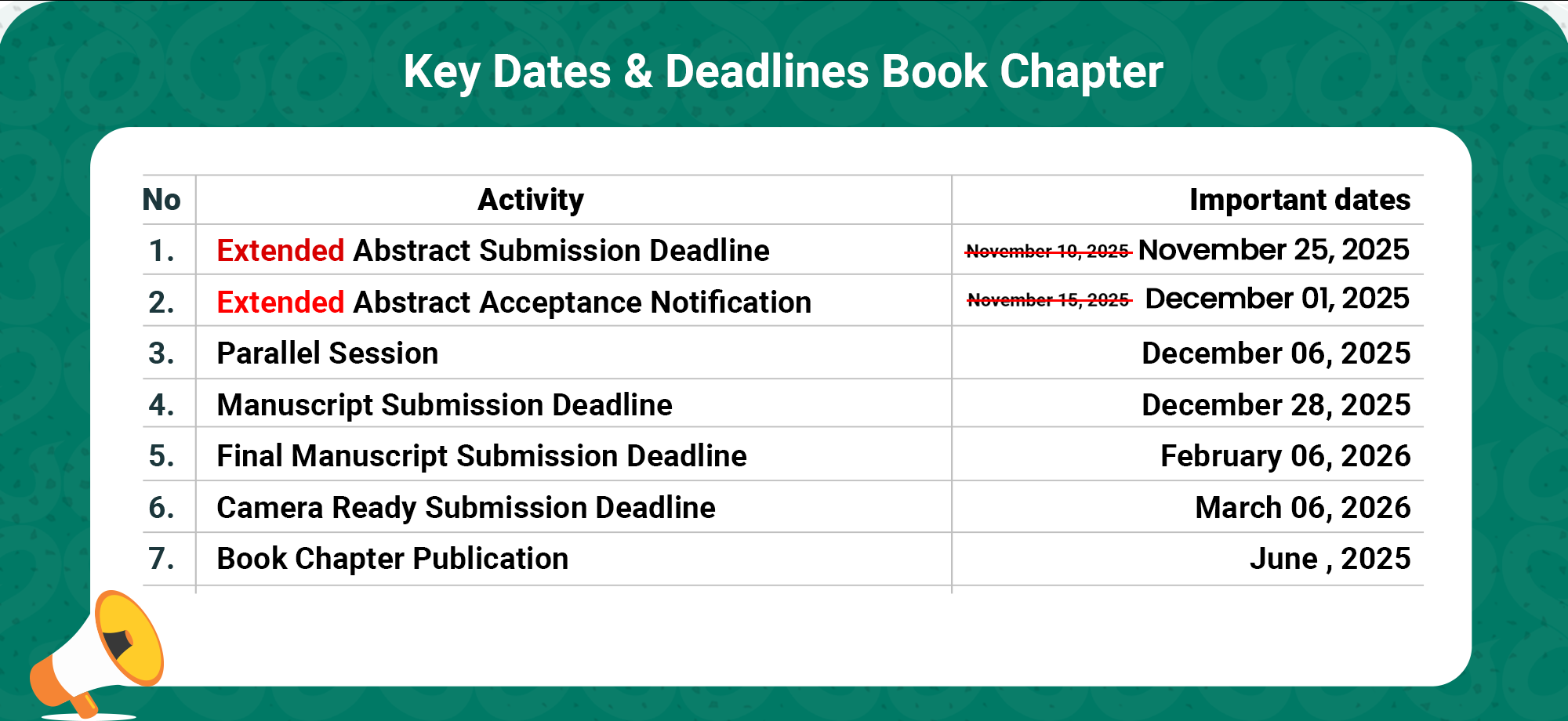The Scope of Topics
Vernacularizing Sustainability: Stories of Ideas, Spaces and Technologies invites a rethinking of sustainability through the lens of local knowledge, cultural context, and lived experiences. In an era of rapid environmental change and globalized solutions, this theme challenges dominant narratives by emphasizing the importance of grassroots innovations, traditional practices, and place-based wisdom in shaping sustainable futures. Rather than adopting a one-size-fits-all model, vernacular sustainability foregrounds the diversity of ecological, technological, and social responses rooted in specific localities.
This theme explores a broad spectrum of interconnected topics—from Environmental Technology and Engineering for Sustainability to Digitalization for Collective Sustainability. It delves into how Traditional Resilience and Vernacular Adaptation have historically enabled communities to endure environmental pressures, and how such knowledge systems can inform contemporary practices. Discussions around Local Logic and Sustainable Ecosystems and Circular Economy and Local Materials highlight the relevance of indigenous ecological principles and locally-sourced resources in reducing environmental footprints.
Furthermore, the theme emphasizes the role of Culture-Based Technologies and Infrastructure, reflecting on how built environments and infrastructural systems can embody cultural values and ethics. As digital tools increasingly mediate our relationship with the environment, Digitalization for Collective Sustainability examines how technology can empower communities rather than replace them. The idea of Urban–Rural Symbiosis and Resource Connectivity promotes an integrated vision of development where cities and rural areas mutually support each other through equitable resource flows.
Finally, considerations of Construction Ethics and Cultural Codes and Law, Policy, and the Right to a Livable Life underscore the moral and legal dimensions of sustainability. They raise critical questions about who has the right to define, access, and benefit from sustainable development. In bringing these diverse threads together, Vernacularizing Sustainability aims to foster dialogue and action that are culturally grounded, socially just, and ecologically responsible.
Environmental Technology and Engineering for Sustainability
Traditional Resilience and Vernacular Adaptation
Local Logic and Sustainable Ecosystems
Circular Economy and Local Materials
Culture-Based Technologies and Infrastructure
Digitalization for Collective Sustainability
Urban–Rural Symbiosis and Resource Connectivity
Construction Ethics and Cultural Codes
Law, Policy, and the Right to a Livable Life











